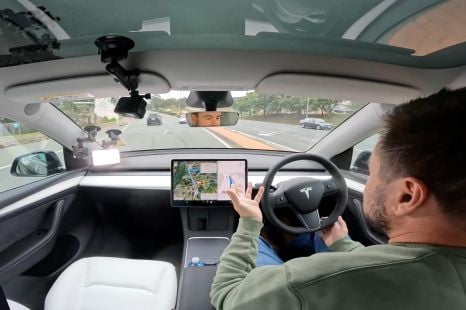

William Stopford
Tesla switches on FSD Supervised in Australia, announces subscription pricing
6 Hours Ago
Electric vehicle sales helped drive Geely's growth, with sales of Volvo and Polestar-branded EVs increasing in 2022.

News Editor
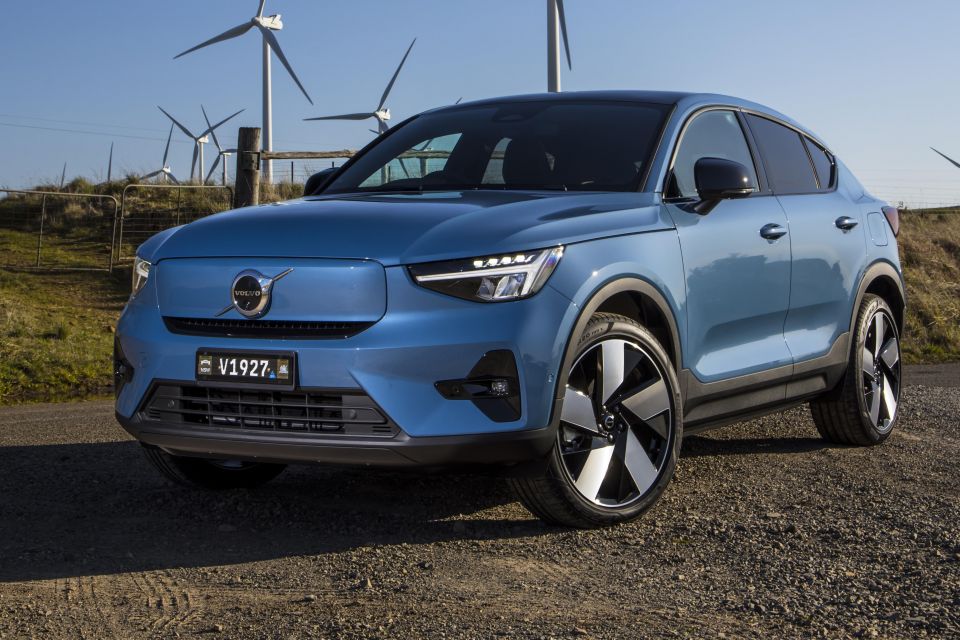

News Editor
Chinese giant Geely sold 2.3 million vehicles globally in 2022, with sales of electric vehicles helping drive the increase.
Electric vehicle sales were up at subsidiary Volvo, while Polestar – which now exclusively sells EVs – also grew.
Adding together all the brands under the Geely Holding umbrella, sales were up by 4.7 per cent year-on-year. It was the fifth consecutive year Geely sold more than two million vehicles.
The Chinese automaker also said it doubled electrified and electric vehicle sales, which exceeded 675,000 units and accounted for 29 per cent of its overall sales.
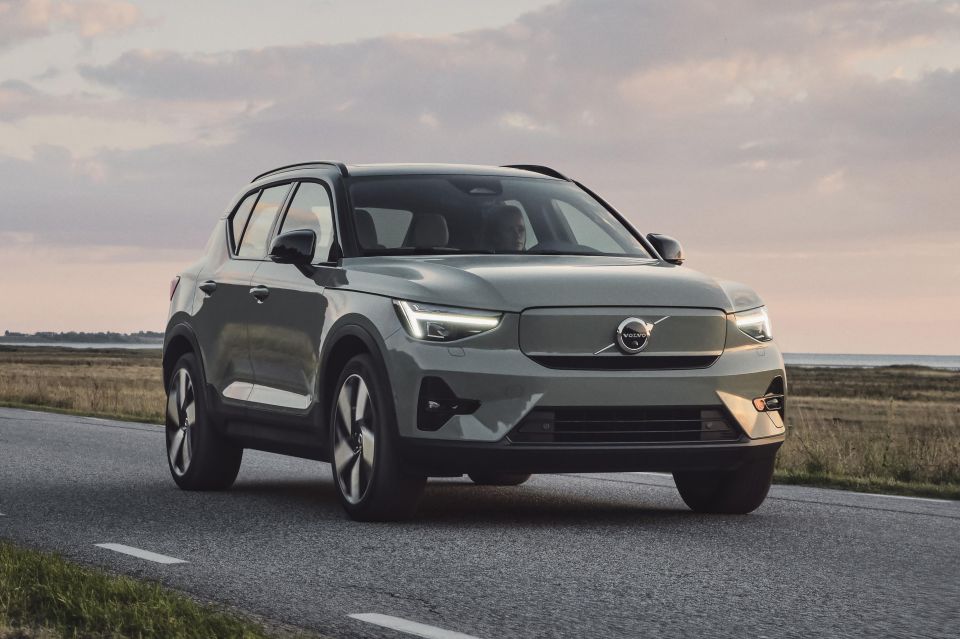
Subsidiary Volvo’s sales were down 12 per cent to 615,121 sales, with the brand citing supply chain shortages and ensuing production restraints as well as the impact of COVID-related lockdowns in China.
The share of electric vehicle sales for the Volvo brand, however, increased from 3.7 per cent to 10.9 per cent, with its EV sales growing from 25,727 vehicles to 66,749 – up 159.5 per cent.
In December alone, the share of Recharge-badged models, including both plug-in hybrids and EVs, reached 43.8 per cent; take out PHEVs, and EVs on their own accounted for 20.1 per cent of global Volvo sales.
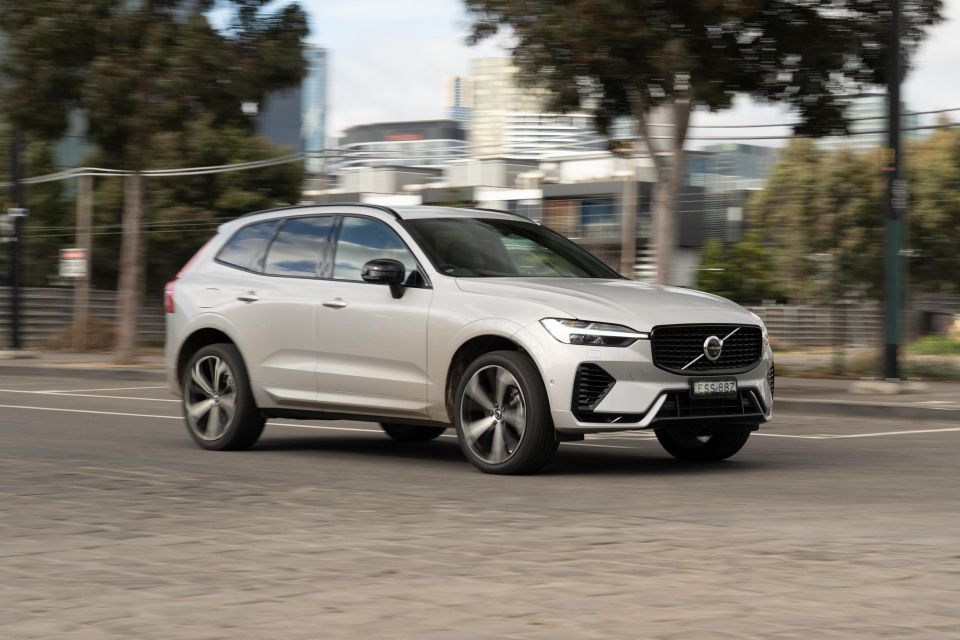
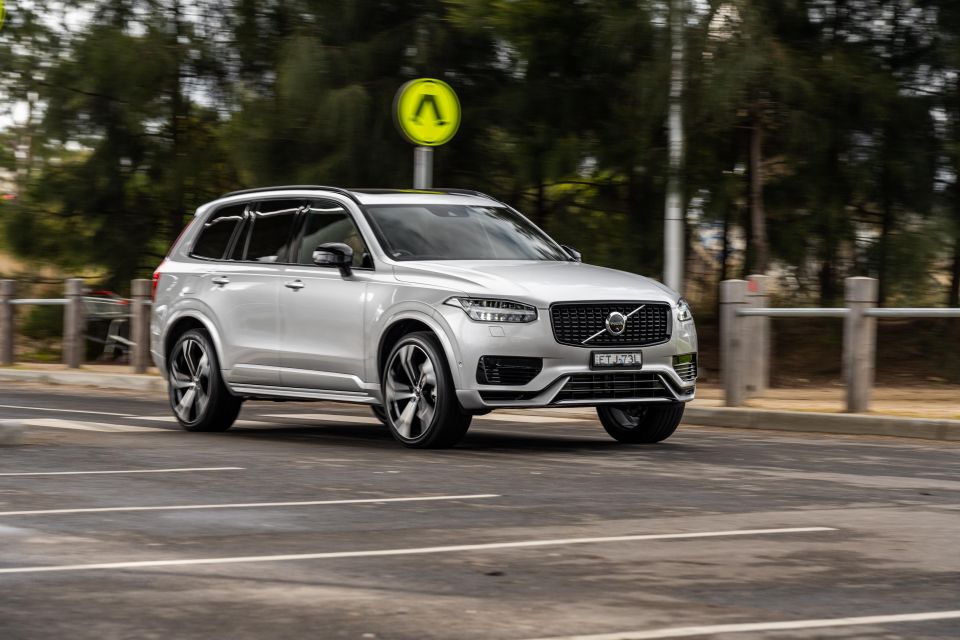
Overall, however, Volvo recorded declines in each major region in 2022: sales were down 15.7 per cent in Europe, 5.4 per cent in China, 16.5 per cent in the US, and 7.2 per cent in all other markets.
It was rosier in Australia, where it recorded 10,715 sales or an increase of 18.7 per cent. This was its best year ever Down Under and the first time it exceeded 10,000 sales.
Globally, the XC60 was its strongest seller with 195,338 sales. It was followed by the XC40 (169,206 sales) and XC90 (97,130). All three models’ sales decreased for 2022.
Volvo boasts it sold 17 per cent more cars online than it did in 2021, while the number of active subscriptions had increased by 49 per cent.
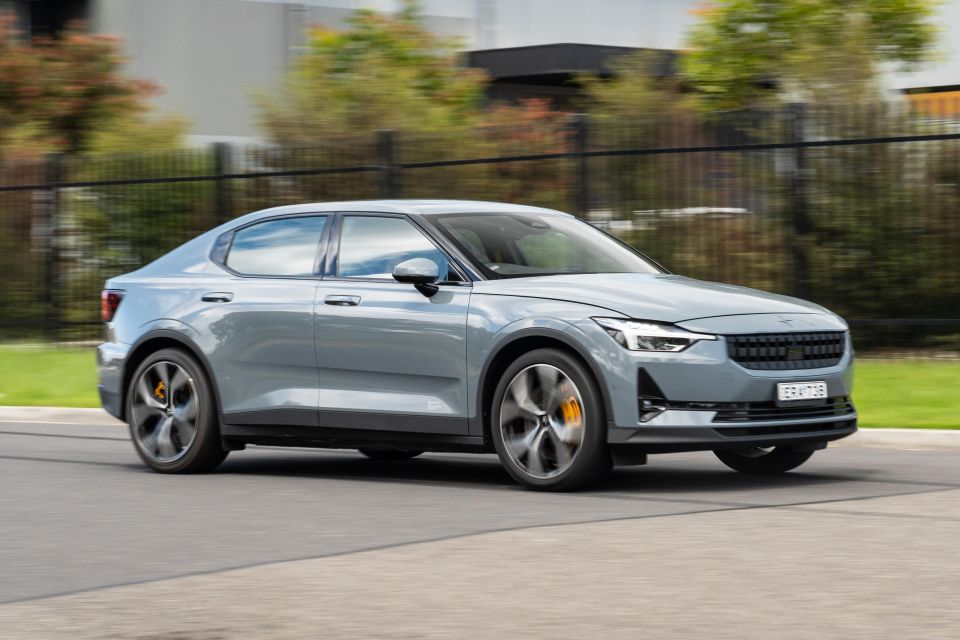
Polestar estimates it sold 51,500 vehicles, up 80 per cent YoY and buoyed by a sizeable fourth-quarter delivery figure of 21,000 vehicles.
It expects to increase sales to 80,000 units this year as sales of its entry-level Polestar 2 grow and it records its first deliveries of the Polestar 3 SUV.
“I’m proud of the many milestones we achieved in 2022 and in particular the massive team effort that went into delivering our strongest quarter to date – surpassing our 50,000 global volumes target for the year,” said Polestar CEO Thomas Ingenlath.
“There will be the usual quarterly variations, but I’m confident that we will continue to actively manage our supply chain to meet the growing demand for Polestar 2, commence first deliveries of Polestar 3 and launch Polestar 4.”
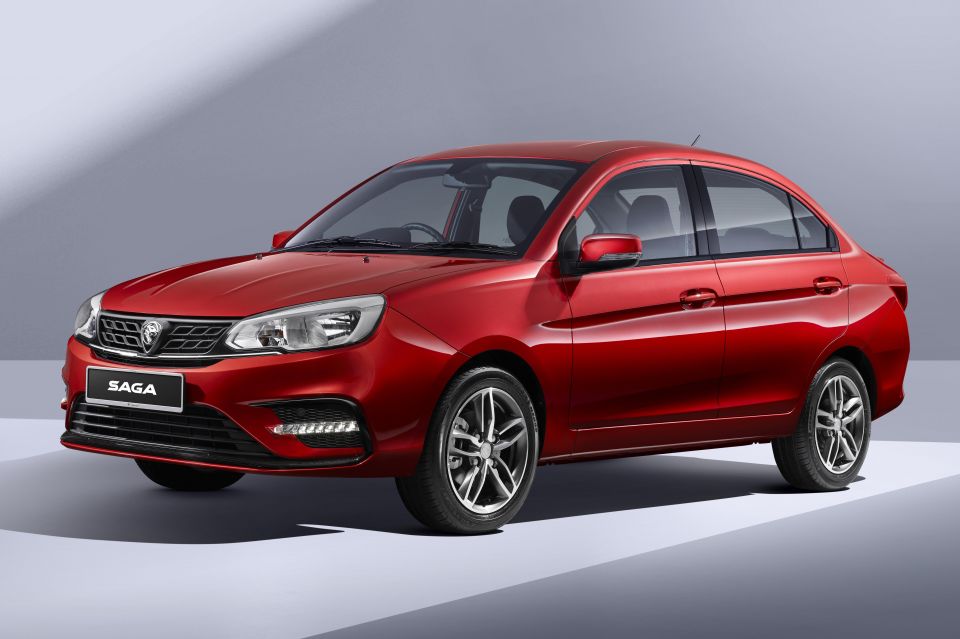
Last seen in Australia in 2017, Malaysian brand Proton has been partly (49.9 per cent) owned by Geely since that year.
It touted its fourth consecutive year of sales growth, recording its highest sales since 2013 despite floods affecting its supply of parts in the early months of the year.
Proton sold 141,432 vehicles, up 23.3 per cent. Just 5406 vehicles were exported, but this figure was up by 79.1 per cent, with the brand citing greater consistency in the shipping industry, growth in Pakistan, and the addition of South Africa to its list of export markets.
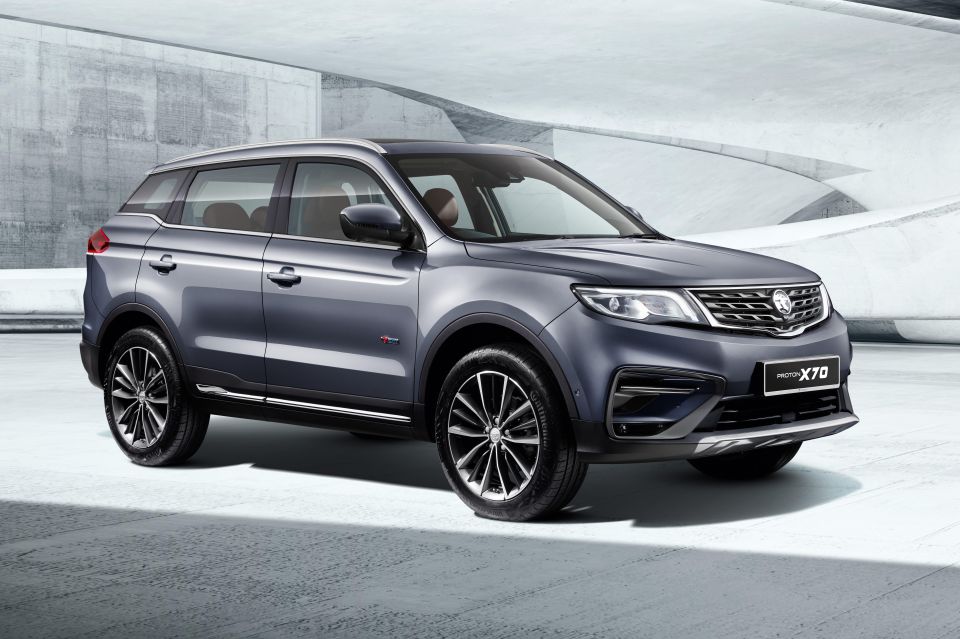
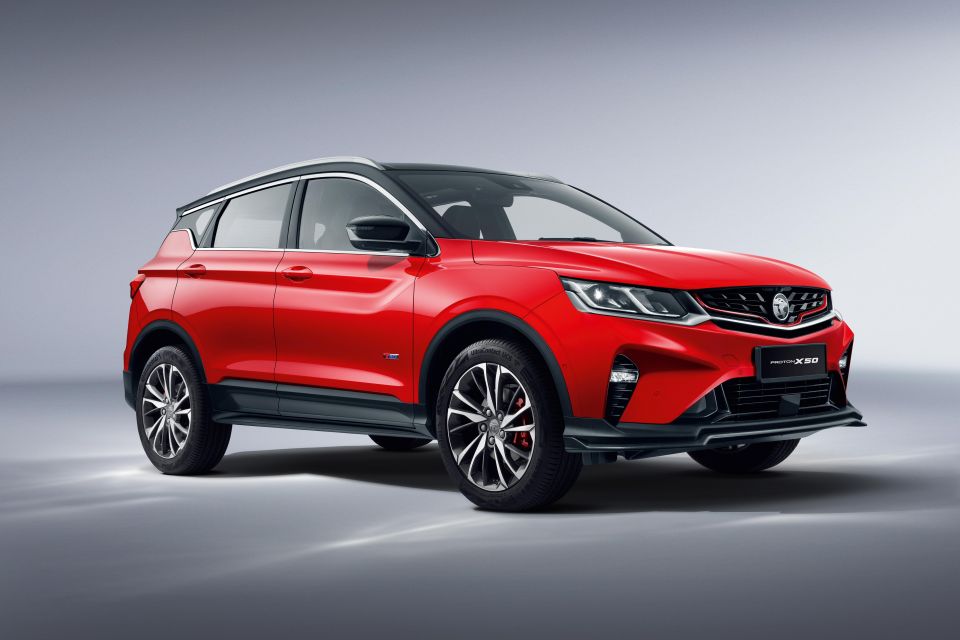
Roughly half (2408 units) were of the Saga, with the X70 and X50 SUVs – rebadged Geely models, manufactured in right-hand drive – recording sales of 1708 units and 1117 units, respectively.
“We are now halfway through our ten-year business plan and export sales will need to account for a growing percentage of our volume for the company to achieve its goals,” said Proton deputy CEO Roslan Abdullah.
“With new models being added and growth from our current offerings in 2023, we are confident of hitting even bigger numbers this year.”
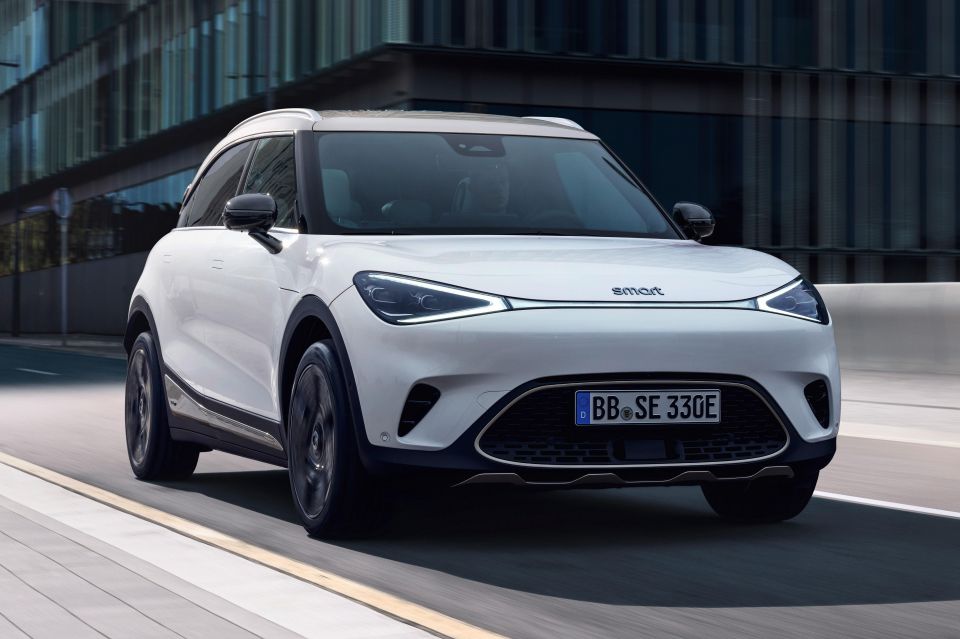
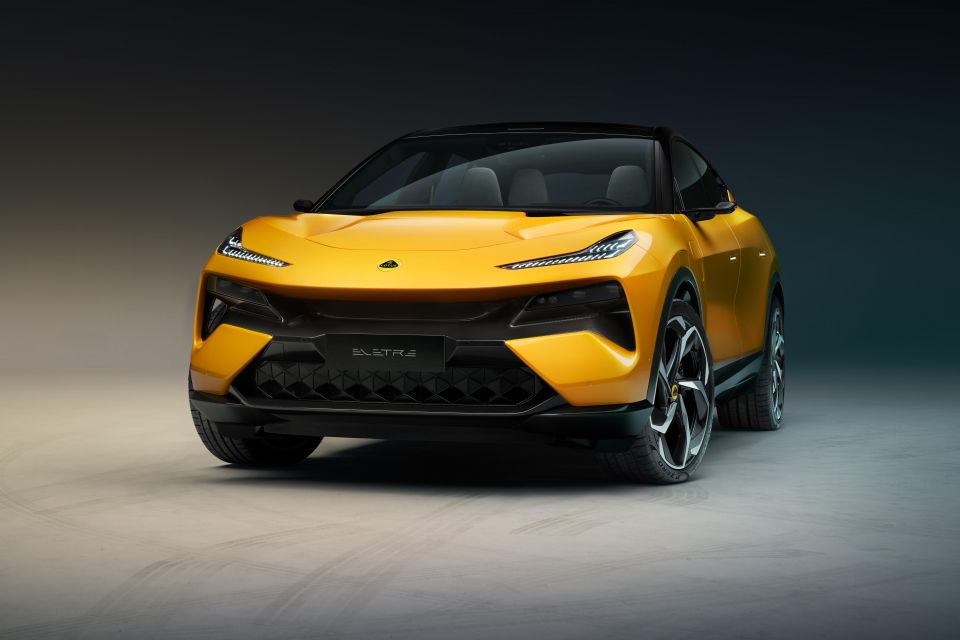
Full sales figures for these brands haven’t been released, but Lotus recorded the first sales of its first electric SUV, the Eletre, and the first deliveries of its final combustion-powered vehicle, the Emira.
Smart also boasted over 10,000 examples of its new #1 have made it to customers in China since deliveries began in September.
It’s expecting 2023 to be a growth year as it establishes marketing and sales centres across Europe and southeast Asia and enters new markets. To that end, it has signed a general distribution agreement with Proton in Malaysia and Thailand as it eyes the growing electric vehicle market in Asia.
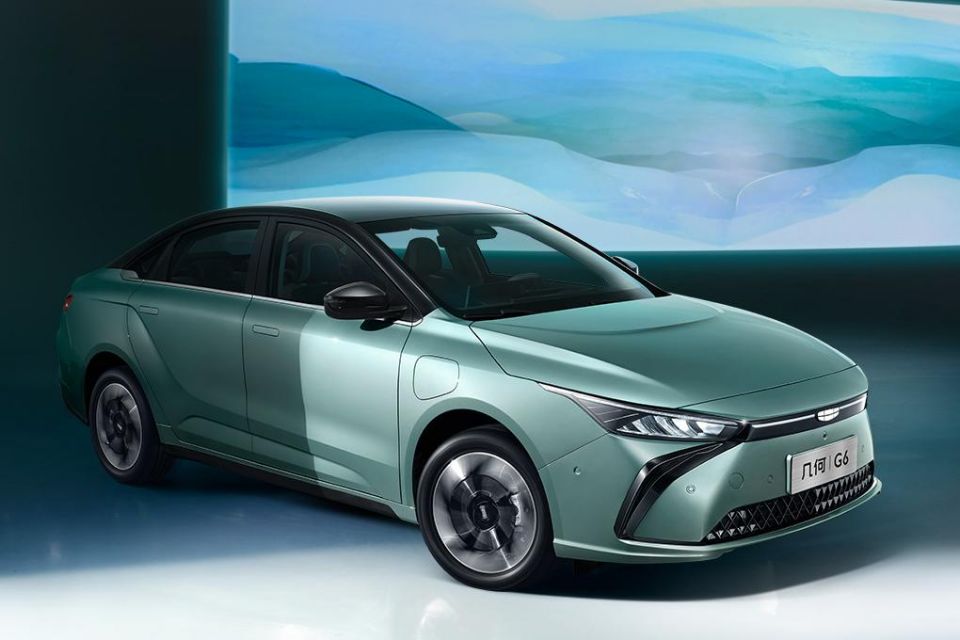
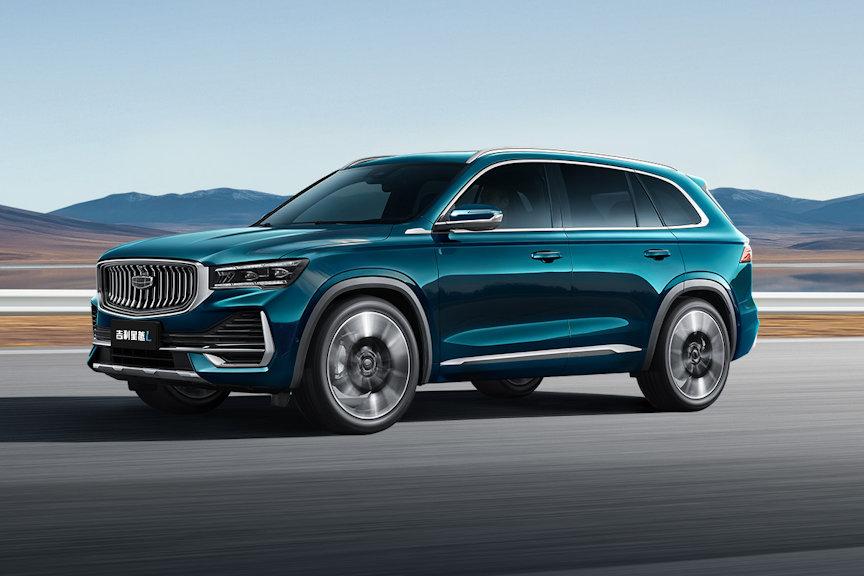
Together, Volvo and Polestar sales added up to around 666,000 units, or less than a third of Geely’s overall volume.
Geely’s homegrown passenger vehicle brands – Geely, Geometry, Lynk & Co, Zeekr and Livan – accounted for 1.43 million sales, up eight per cent YoY. It aims to sell 1.65 million vehicles this year.
Exports were also up in 2022 by 72 per cent to 198,242 units.
Sales of new energy vehicles – a term encompassing hybrids, PHEVs and EVs – more than doubled to 354,471 units.
Dedicated EV brand Geometry’s sales were up 170 per cent to 149,389 units, as it expanded to Eastern Europe and South America, while fledgling Zeekr recorded 71,941 sales, up 1098 per cent. Zeekr expects to nearly double its sales in 2023 as it enters Europe.
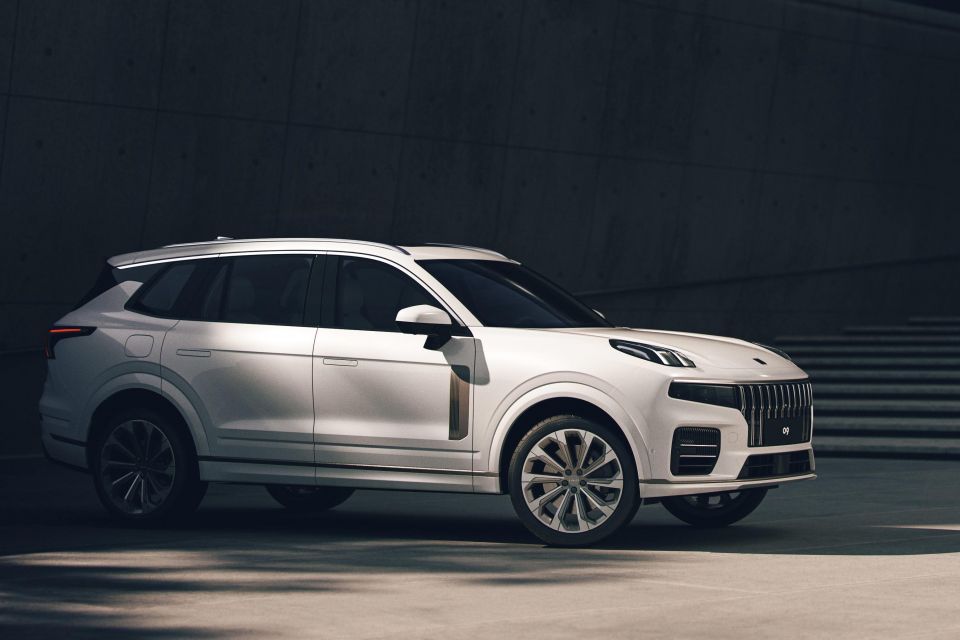
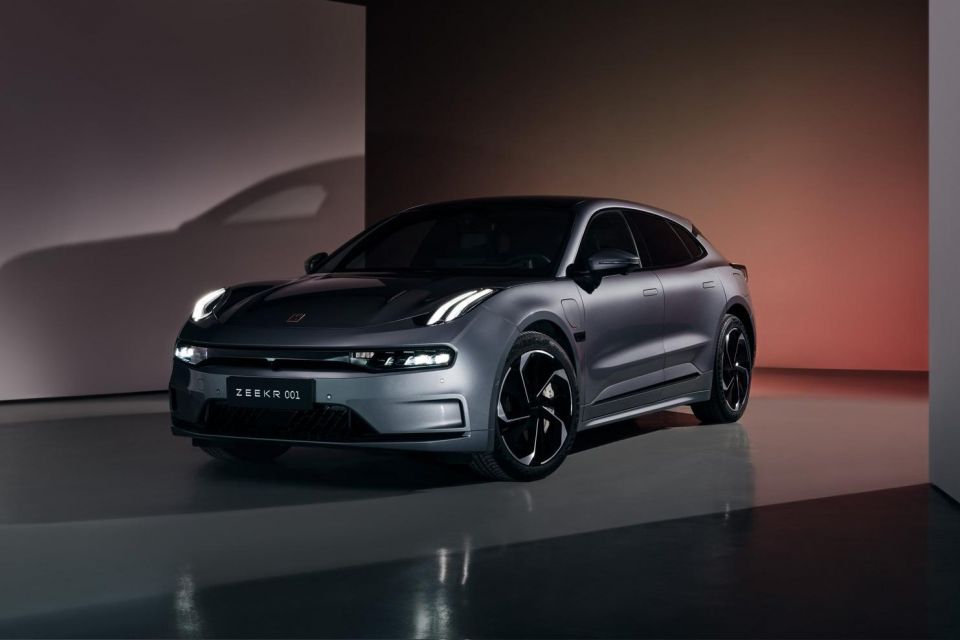
Newly established Livan, a dedicated battery-swapping EV brand, also recorded 56,140 sales in its first year on the market.
Lynk & Co grew its number of subscribers in Europe by 145 per cent to more than 180,000 members and entered new markets in the Middle East and the Asia-Pacific region. However, it recorded a drop of 18 per cent to 180,127 sales.
The namesake Geely brand remained steady, with sales up by two per cent to 1,124,780 units.
Not included in this 1.43-million unit figure was the Farizon commercial vehicle brand, which falls under the Geely New Energy Commercial Vehicle Group. Its sales were up by more than 55 per cent, and it started exports to the Middle East and South America in 2022.
Electric taxi and commercial van manufacturer LEVC also grew its sales by 67 per cent.
William Stopford is an automotive journalist with a passion for mainstream cars, automotive history and overseas auto markets.


William Stopford
6 Hours Ago
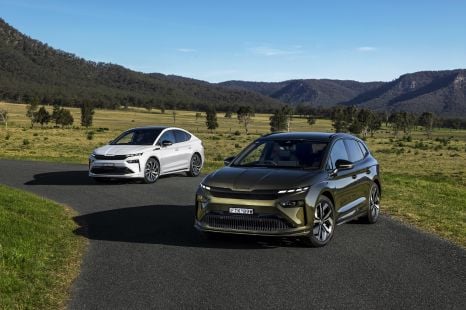

Max Davies
13 Hours Ago
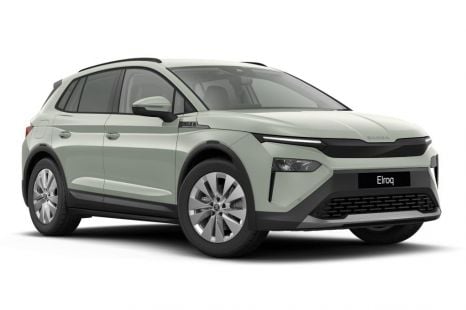

Max Davies
13 Hours Ago


Ben Zachariah
15 Hours Ago


William Stopford
15 Hours Ago
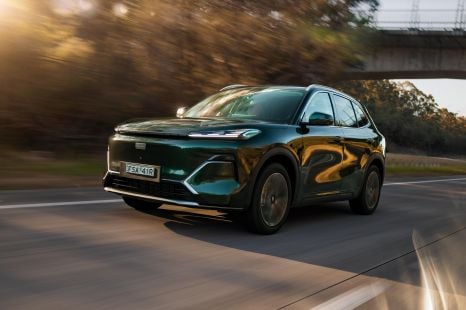

James Wong
18 Hours Ago